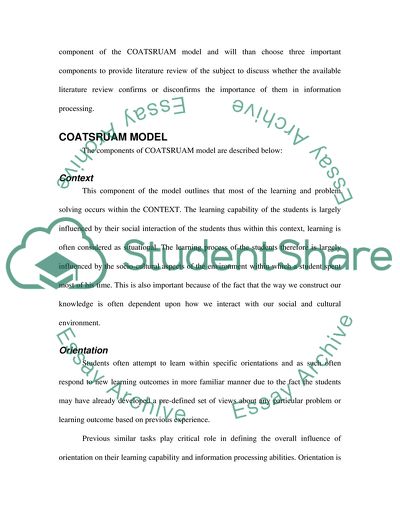Cite this document
(Cognitive Psychology and Information Processing Assignment - 1, n.d.)
Cognitive Psychology and Information Processing Assignment - 1. Retrieved from https://studentshare.org/psychology/1727603-learning-development-and-educational-practice
Cognitive Psychology and Information Processing Assignment - 1. Retrieved from https://studentshare.org/psychology/1727603-learning-development-and-educational-practice
(Cognitive Psychology and Information Processing Assignment - 1)
Cognitive Psychology and Information Processing Assignment - 1. https://studentshare.org/psychology/1727603-learning-development-and-educational-practice.
Cognitive Psychology and Information Processing Assignment - 1. https://studentshare.org/psychology/1727603-learning-development-and-educational-practice.
“Cognitive Psychology and Information Processing Assignment - 1”, n.d. https://studentshare.org/psychology/1727603-learning-development-and-educational-practice.


